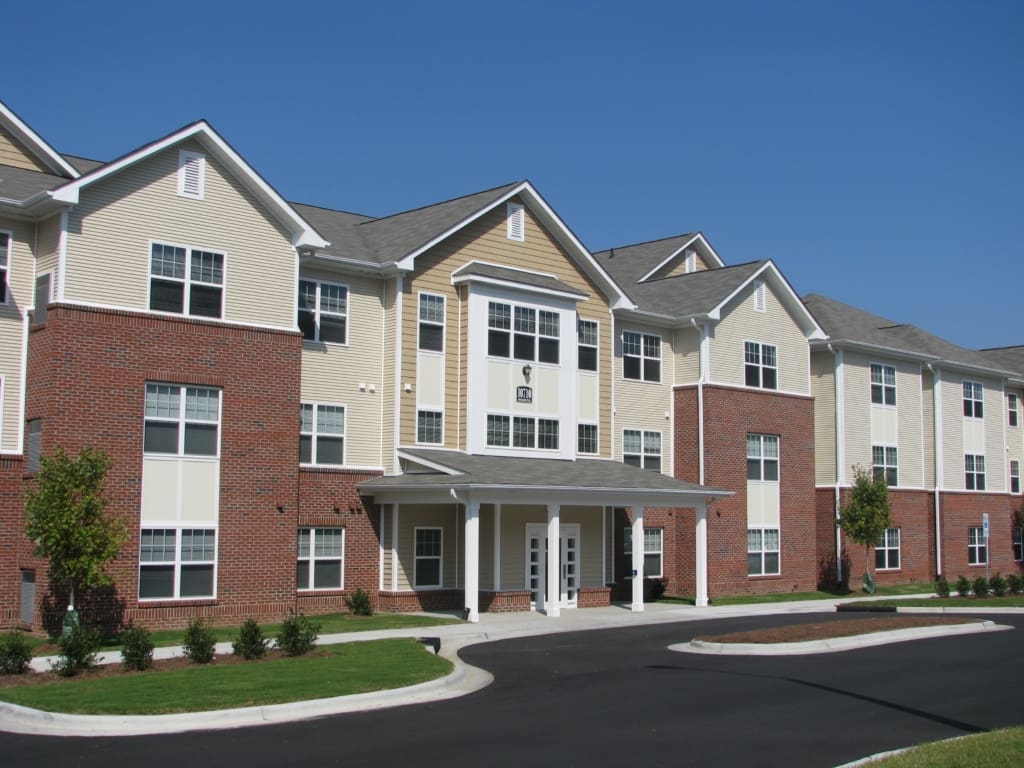
It will be a while before we can fully take stock of the impact of the overhaul in our tax system on affordable housing, but we know quite a bit more now than we did in December.
Let’s take a look at just one tool, the Low Income Housing Tax Credit. This is the main source of affordable housing production at any scale, and we fought hard in 2017 to preserve it. And preserve it we did thanks to the committed advocacy work of many of you. However, because of the broader impact of the drop in the corporate tax rate, the value of the program has declined. Novogradac estimates an 11% drop in production nationwide. This will be on top of the 33% decline in unit production in North Carolina last year. While we celebrate the preservation of this important tool for affordable housing production, we’re moving in the wrong direction, and we’ve been moving in the wrong direction for a while.
- In 2016, tax credits were awarded to 46 projects in 36 counties totaling 3,243 units. (These numbers do not include bond deals)
- In 2017, tax credits were awarded to 32 projects in 25 counties totaling 2,150 units.
We’ve put this in terms of the scale of need before… there are more than 1.2 million cost-burdened families in North Carolina and more than a half-million are severely cost-burdened. That’s 500,000 families in North Carolina paying more than half of their budget on housing costs alone!
Now let’s look at some possibilities. This week, the preliminary applications for 2018 tax credits were released. The North Carolina Finance Agency received applications for 139 projects in 51 counties totaling 9,562 units. We’re not going to get 9,562 units, and we’re likely going to get fewer than the 2,150 units from last year.
The tax credit is building at scale, but nowhere near the scale we need, again, we’re moving in the wrong direction.
The North Carolina Housing Coalition is hard at work on this. Part of that work is at the federal level. The Cantwell-Hatch bill (S.548/H.R.1661) to expand the Low Income Housing Tax Credit (renamed the Affordable Housing Tax Credit) has incredible bipartisan support, including 7 co-sponsors from North Carolina. We are working at the federal level to ensure its passage. For more information on how you can be involved in this advocacy effort, reach out to Samuel Gunter at sgunter@nchousing.org.
Another part of that work is at the state level. We are pursuing policy options at the state level that would help us mitigate the loss of the tax credit and start to push us in the other direction. You’ll be hearing more about this as we get closer to the short legislative session that begins in May.
The third part of this work happens at the local level in each of your communities. Now is the time to step up. If you are interested in learning about ways that you can plug in at the local level, contact Tyran Hill, our Local and Regional Policy Officer, at thill@nchousing.org.
Also check out policy updates on impact of the government shutdown on affordable housing, a new community and economic development tool in the tax bill, and an update on the Olmstead decision.








